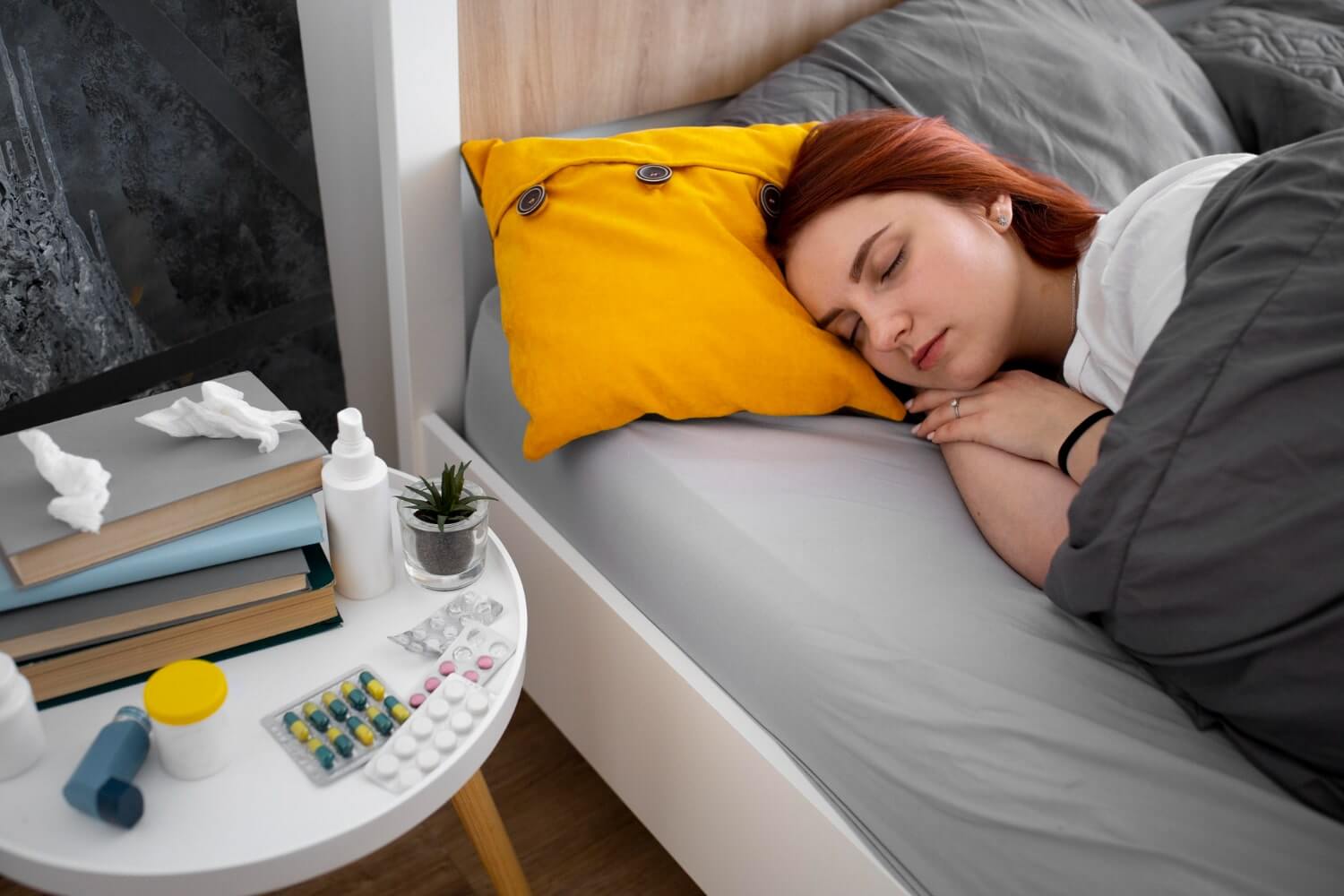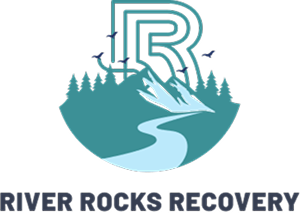Early recovery from drug addiction is a marathon, not a sprint. While detox may rid your body of toxins, it’s just the first step on the path to lasting sobriety. Many individuals struggle with disrupted sleep patterns during this crucial time. But here’s the good news: prioritizing sleep isn’t just about feeling well-rested; it’s a powerful weapon in your fight against relapse.
The Science Behind the Sleep Struggle
Drugs and alcohol wreak havoc on the body’s natural sleep-wake cycle. During active addiction, your brain becomes accustomed to relying on substances for relaxation and sleep. Detoxification disrupts this cycle, leading to insomnia, fragmented sleep, and waking up feeling tired.
But the impact goes beyond temporary discomfort. Sleep plays a critical role in regulating hormones that affect your mood, stress response, and decision-making – all factors crucial for successful recovery. Let’s delve deeper into how quality sleep empowers your journey towards lasting sobriety.
Benefits of a Good Night’s Sleep in Recovery
- Improved Mood and Reduced Cravings: Sleep regulates neurotransmitters like dopamine and serotonin, which significantly impact mood and cravings. A well-rested brain is better equipped to manage negative emotions and resist the urge to use drugs to cope.
Imagine this: you’re feeling irritable and stressed after a night of tossing and turning. A craving for your substance of choice might seem like a quick fix. However, prioritizing sleep can help you wake up feeling more balanced and in control, making it easier to resist cravings and navigate recovery challenges.
- Enhanced Cognitive Function: Let’s face it, recovery requires sharp thinking. Sleep deprivation impairs focus, concentration, and decision-making skills. This can make it difficult to stay on track with treatment plans, resist triggers, and make healthy choices for your future. Getting enough sleep keeps your mind sharp and helps you navigate the complexities of recovery with clarity.
- Stress Management: Chronic stress is a major relapse trigger. Thankfully, sleep plays a vital role in regulating the body’s stress response system. A good night’s sleep helps you wake up feeling calmer and more resilient to stress, making it easier to cope with everyday challenges without resorting to substance abuse.
- Physical Healing and Repair: During sleep, your body doesn’t just rest – it repairs itself on a cellular level. This is especially important for individuals recovering from addiction, whose bodies have been through significant strain. Quality sleep allows your body to heal physically and mentally, giving you the strength and energy you need to rebuild your life.
Now that you understand the importance of sleep, let’s explore ways to cultivate healthy sleep patterns during recovery. Here are some practical tips:
- Develop a Regular Sleep Schedule: Go to bed and wake up at consistent times each day, even on weekends. This helps regulate your body’s natural sleep-wake cycle.
- Create a Relaxing Bedtime Routine: Wind down before bed with calming activities like taking a warm bath, reading a book, or practicing relaxation techniques like deep breathing or meditation. Avoid screen time for at least an hour before bed, as the blue light emitted from electronic devices can disrupt sleep.
- Optimize Your Sleep Environment: Ensure your bedroom is cool, dark, and quiet. Invest in blackout curtains, earplugs, and a comfortable mattress to create a sleep-conducive space.
- Exercise Regularly: Regular physical activity can improve sleep quality, but avoid strenuous workouts close to bedtime.
- Limit Caffeine and Alcohol: While these substances may initially make you feel drowsy, they disrupt sleep patterns later in the night.
If you’re struggling to fall asleep or stay asleep despite implementing these tips, don’t hesitate to seek professional help. Underlying sleep disorders like sleep apnea might be affecting your sleep. Additionally, therapists at addiction treatment centers can address any anxieties or underlying mental health conditions that might be contributing to sleep problems.
Sleep & Recovery Programs: How River Rocks Recovery Center Can Help
At River Rocks Recovery Center, we understand the importance of sleep for lasting recovery. Our comprehensive treatment programs go beyond just detoxification and therapy. We incorporate sleep hygiene education and techniques to help individuals develop healthy sleep habits.
- Sleep Hygiene Education: Our team provides information and guidance on creating a regular sleep schedule, establishing a relaxing bedtime routine, and optimizing your sleep environment.
- Addressing Underlying Causes of Sleep Issues: Therapists work with individuals to address anxieties, depression, or other mental health conditions that might be affecting sleep.
- Benefits of Outpatient Programs: For individuals who prioritize maintaining a regular sleep schedule at home while receiving treatment, our Outpatient Programs offer a flexible approach.
Remember, a good night’s sleep is a powerful tool for recovery. By prioritizing sleep hygiene and seeking professional support if needed, you’ll be well on your way to achieving lasting sobriety and building a brighter future.
Don’t Let Sleepless Nights Sabotage Your Recovery. Contact River Rocks Recovery Center Today.
We offer a free consultation to discuss your unique needs and create a personalized treatment plan that prioritizes quality sleep alongside other recovery strategies. Together, let’s help you reclaim control of your sleep and your life.
FAQs on Sleep & Addiction Recovery Journey
Q. I still wake up feeling tired even after sleeping for hours. What could be wrong?
Several factors can contribute to poor sleep quality. Underlying sleep disorders like sleep apnea might be affecting your rest. Discuss your sleep issues with a healthcare professional to rule out any medical conditions.
Q. How can I create a relaxing bedtime routine?
Find activities that help you unwind before bed. This could include taking a warm bath, reading a book, practicing deep breathing exercises, or listening to calming music. Avoid screen time for at least an hour before bed, and create a dark, quiet, and cool sleep environment.
Q. I’m worried about the cost of treatment at River Rocks Recovery Center.
We understand the financial burden of addiction treatment. Our admissions team can discuss your situation and explore all available payment options, including potential insurance coverage.
Q. Can I still participate in an Outpatient Program if I struggle with sleep problems?
Absolutely! Outpatient programs allow you to maintain a regular sleep schedule at home while receiving addiction treatment. Our team can provide support and guidance to help you improve your sleep hygiene.
Q. What if I’m not ready for a formal treatment program but want help sleeping better?
Even small changes can make a big difference. Try implementing the sleep hygiene tips mentioned in this blog and consult your doctor if sleep issues persist.






































